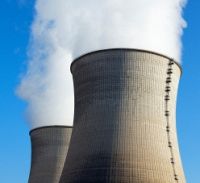

MEPs and Member States have reached an agreement on the Industrial Emissions Directive, which will recast seven existing Directives relating to industrial emissions into a single, clear and coherent instrument.
The recast involves replacing the Integrated Pollution Prevention and Control Directive, the Large Combustion Plants Directive, the Waste Incineration Directive, the Solvents Emissions Directive and three Directives on Titanium Dioxide, all of which will be updated and merged in the new Directive resulting in rules which are easier to implement.
The overall aim is that clearer rules for the reduction of harmful industrial emissions across the EU will lead to better protection of human health and the environment, in particular through the better application of Best Available Technique (BAT). Installations covered by IPPC rules must apply BATs in order to demonstrate an appropriate level of environmental performance to receive an IPPC permit.
A tougher regime regarding emissions will be introduced, with large combustion plants (including fossil fuel power stations) being required to meet more stringent limits on emissions by 30 June 2020. These plants have been granted an extension to the original deadline of 2016. In addition to this, some older plants may not have to meet the targets as long as they close by the end of 2023, or operate no more than 17,500 operating hours after 2016, whichever occurs first.
The text of the Directive will need to be approved by the full Parliament and the Council of Ministers before it becomes law, and it is not therefore expected to be published until early next year.